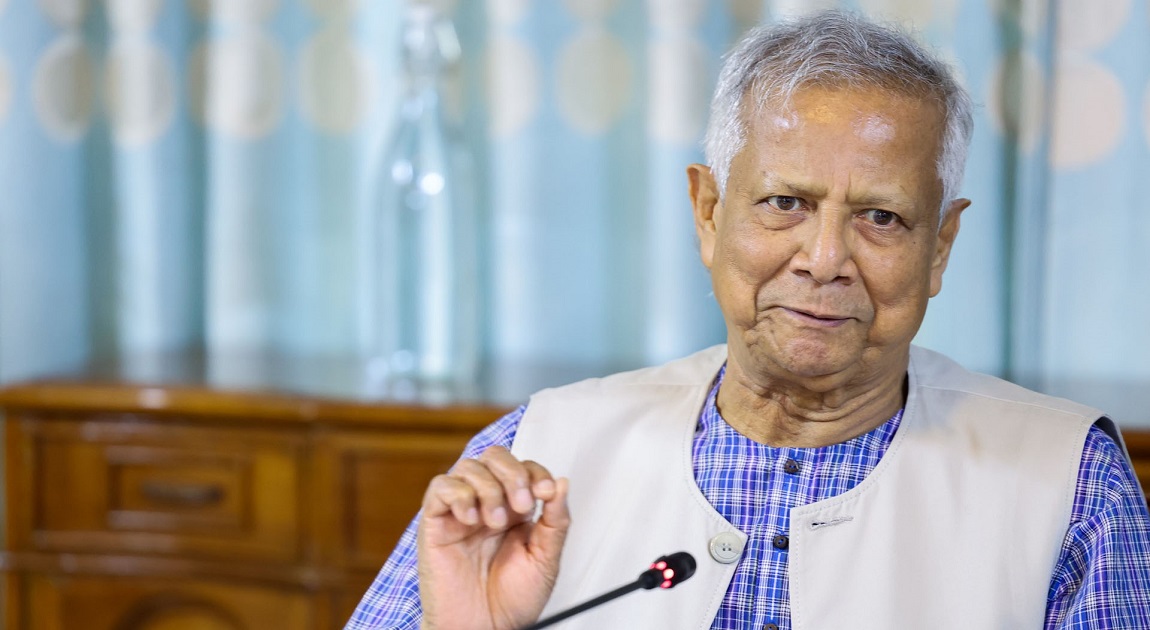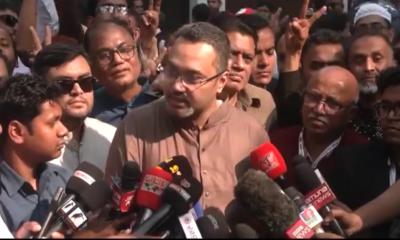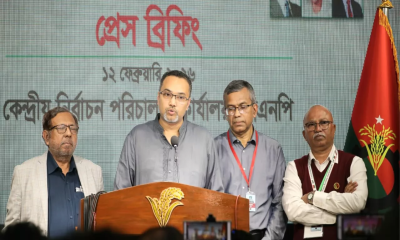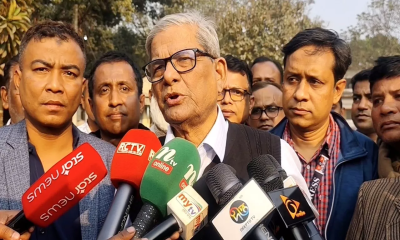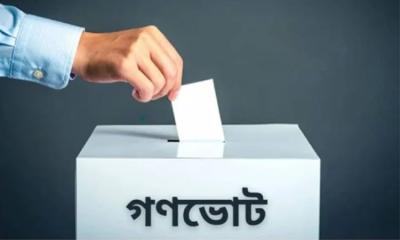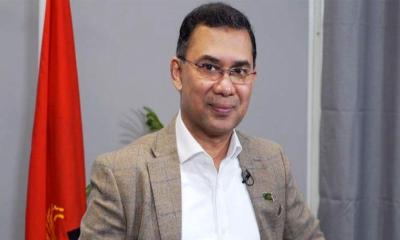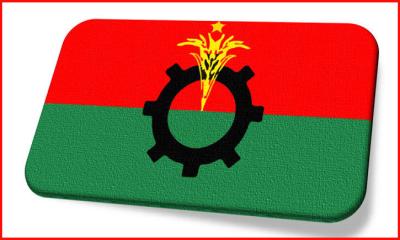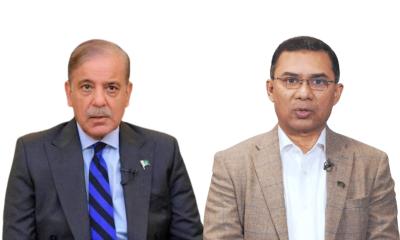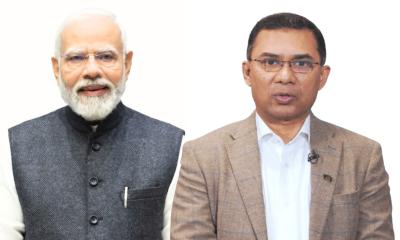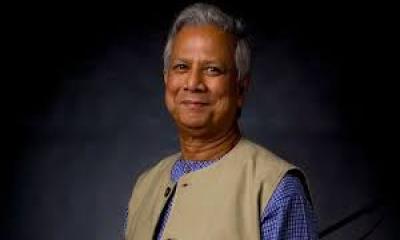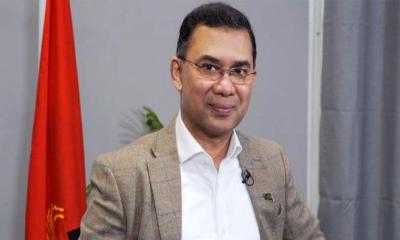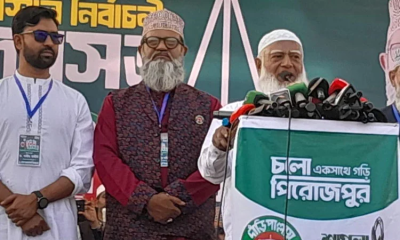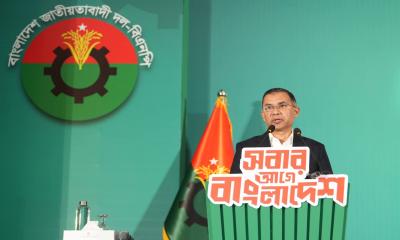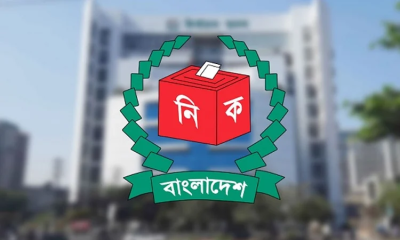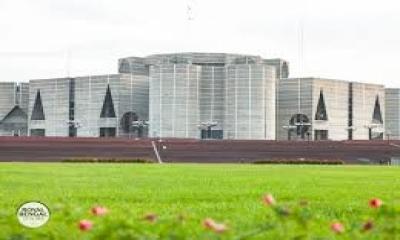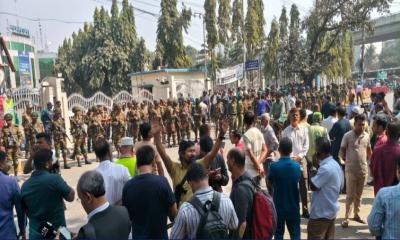Chief Adviser of the interim government, Professor Muhammad Yunus, has confirmed that the activities of the Awami League, the party of former Prime Minister Sheikh Hasina, are currently temporarily suspended but not permanently banned.
Speaking in an exclusive interview with the BBC, Professor Yunus clarified that the decision regarding the party’s participation in the upcoming election rests entirely with the Election Commission.
“We have not outlawed the Awami League. Their activities are temporarily suspended,” Professor Yunus said, adding, “Whether they will be on the ballot is a matter for the Election Commission to decide.”
Addressing concerns over the fairness of the election, Professor Yunus emphasized that an inclusive election does not necessarily require the participation of a particular party. “Inclusiveness means participation of the people. As long as people can vote, the election is inclusive,” he said, referring to comments made by the UN Resident Coordinator in Dhaka.
When asked about Sheikh Hasina’s current stay in India, Yunus said, “The trial has already started and will continue through proper legal processes. We will use international mechanisms to bring her back to face justice.” He confirmed that the government has no direct power to retrieve her but will pursue appropriate international procedures.
Professor Yunus also responded to criticism over the arrest of Awami League supporters since the interim government took office. He rejected comparisons with the previous administration, saying, “It is shameful to compare the interim government with the Awami League government. Such comparisons ignore the realities of Bangladesh.”
On the Rohingya refugee issue, Professor Yunus reaffirmed that repatriation remains the only viable solution. “The real focus should be on returning them to their own country. Unfortunately, the international community seems more concerned about aid than about their long-term return,” he said.
When asked why Bangladesh is not considering integrating the Rohingyas into local society, Yunus stated firmly, “That is not a solution. The local communities around the camps are frustrated because they see international aid flowing in only for the Rohingyas, while they themselves struggle.”
Professor Yunus emphasized that Bangladesh cannot afford to permanently settle another population, adding, “We accepted them in their time of need. But the international community made commitments that have not been fulfilled.”
The interview, conducted by BBC journalist Rajini Vaidyanathan during Professor Yunus’s recent visit to the UK, touched on Bangladesh’s political transition, the status of the Awami League, and the ongoing humanitarian crisis involving Rohingya refugees.
Rephrase the text to make a news report in Bengali


